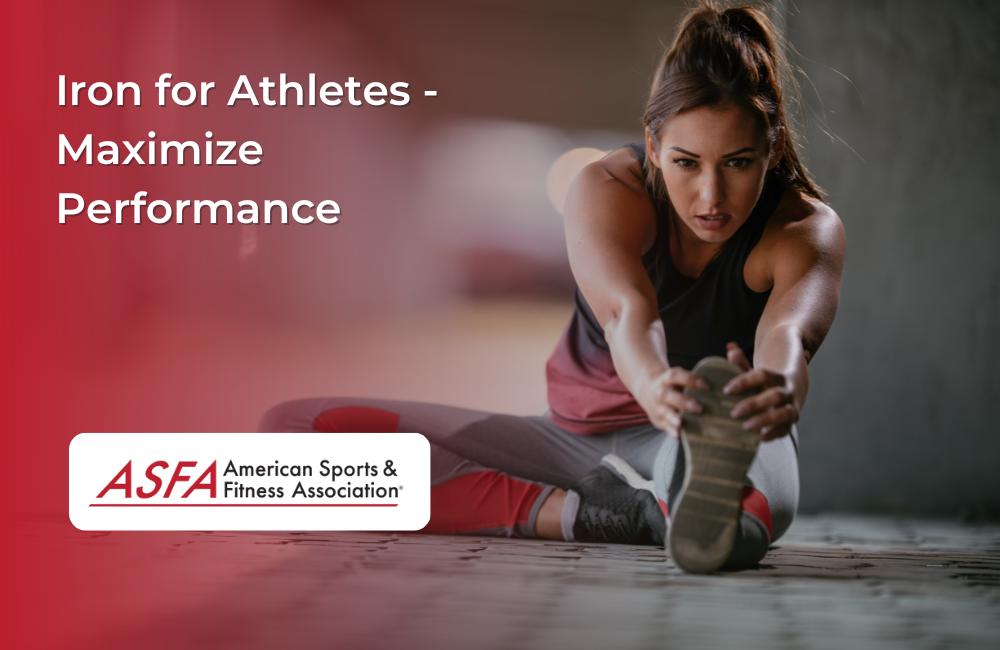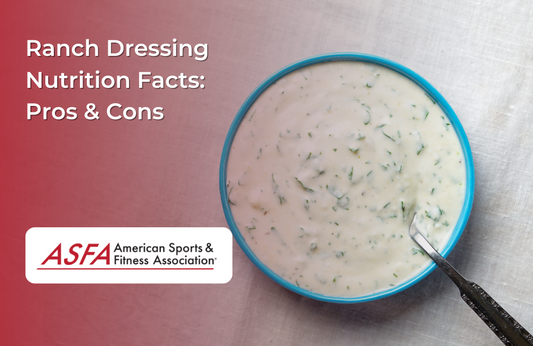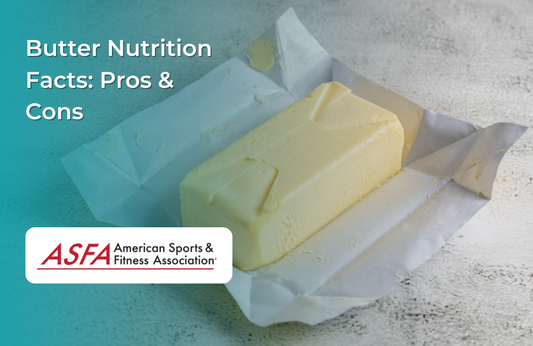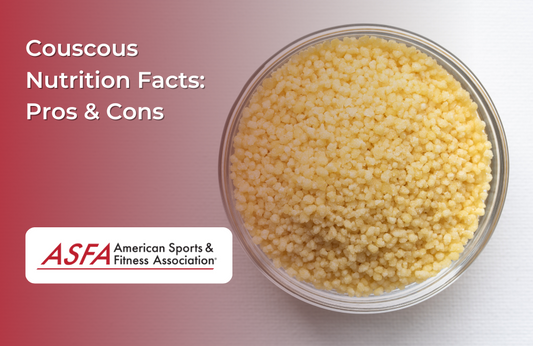Iron is one of the most important minerals for athletes. It helps your body create red blood cells, which carry oxygen through your body so you can stay active. In fact, athletes need more iron than non-athletes do because they lose more of it during workouts due to sweat and other bodily fluids. If you don't consume enough iron through food or supplements, then this lack of oxygen will eventually make it difficult to exercise—and even cause fatigue or dizziness during competitions.
Why is iron important?
Iron is an essential mineral that your body needs to produce red blood cells. Iron deficiency can lead to anemia, which can cause fatigue and weakness.
In order to maximize performance, athletes need to ensure they have enough iron in their diet by eating foods high in this mineral or taking supplements.
Iron is important for many aspects of health, so it's important to get enough. The recommended daily intake of iron for men ages 19 through 50 is 8 milligrams. For women in this age group, the recommendation is 18 milligrams. After age 51, the recommendation drops to 10 milligrams for men and postmenopausal women and 15 milligrams for premenopausal womenIron is found in many foods, including red meat, poultry and fish. It’s also available in beans and vegetables such as spinach and broccoli. However, if you are a vegetarian or vegan who doesn’t eat meat, it can be more difficult to get enough iron from your diet alone.
What happens if I don't get enough iron?
When you don't get enough iron, your body can't make enough red blood cells. This causes anemia. Anemia can lead to fatigue and a range of other health problems, so it's important for athletes who exercise regularly or compete in intense events (like marathons) to know how much iron they need and how best to get it.
Iron deficiency is common among athletes due to heavy exercise that damages their muscles' ability to absorb nutrients; diet choices that limit iron intake; or both factors combined. If you suspect that one or both conditions apply to you, talk with your doctor about whether taking an oral supplement might help increase your energy levels during workouts.
The best way to ensure you're getting enough iron is by eating a well-balanced diet that includes meat, fish or poultry. Some foods that are especially high in iron include beef liver, oysters and clams.
If you're not eating meat, it's a good idea to take a multivitamin with iron every day. Iron is a mineral that your body needs to carry oxygen through the bloodstream. It's also involved in protein synthesis and energy production. You can get iron from many foods, but it's easier for your body to absorb when you combine it with vitamin C.
How can I maximize performance with the right amount of iron?
If you're an athlete, you may be wondering how to get more iron in your diet and how much is too much. Iron is essential for athletes because it helps transport oxygen to muscles and organs. If you suspect that you might be low on this essential mineral then talk to your doctor about potential supplements or dietary changes that can help boost your levels back up again!
If you're an athlete, it's important to make sure that you're getting enough iron in your diet. Without this essential mineral, your body won't be able to function properly and it could lead to fatigue and poor performance on the field.
Although there are many forms of iron available, the best way for athletes to get their daily dose of this mineral is through a combination of food sources. Beef, poultry and fish are good sources for iron; so are spinach and other leafy greens.
Iron deficiency is the most common nutrient deficiency in the world
Iron deficiency is the most common nutrient deficiency in the world. It can be caused by not eating enough foods rich in iron or losing too much blood (like with heavy menstrual periods). If you're feeling tired all the time or have trouble concentrating on tasks at work, it's important to see a doctor for treatment options that best fit your needs.
Iron is an essential mineral that helps your body create red blood cells, which carry oxygen through your body so you can stay active. Iron also plays a role in energy production and muscle function.
Iron deficiency can be caused by many factors, including anemia. Other causes include pregnancy and lactation, blood loss from heavy menstrual periods and the use of certain medications such as aspirin or ibuprofen. If you have symptoms of iron deficiency anemia, see your doctor for a blood test to determine your level of hemoglobin—this is the protein in red blood cells that carries oxygen through your body.
Some factors which affect possible iron deficiencies include:
-Your age
-Your gender—men tend to need more iron than women
-Your activity level—people who are physically active might need more iron than those who are sedentary
-Dietary habits—if you eat a lot of processed foods or animal proteins, you may not get as much iron from your diet. The best dietary sources of iron are meat, fish and poultry. Plant-based foods such as beans and whole grains also contain iron, but it's not as easily absorbed by the body. If you're a vegetarian or vegan, then look for fortified breakfast cereals or soy products that contain added vitamin C to help increase absorption of this important mineral.
Conclusion
By now, you know how important iron is for your body and your performance. You also know the symptoms of low iron levels and how to prevent them. But there's more! This article has covered the most common questions athletes ask about this mineral, including how much they should be taking on a daily basis (hint: it depends on gender). So if you're looking to boost your energy or keep up with your competitors, then consider adding more iron into your diet today!





